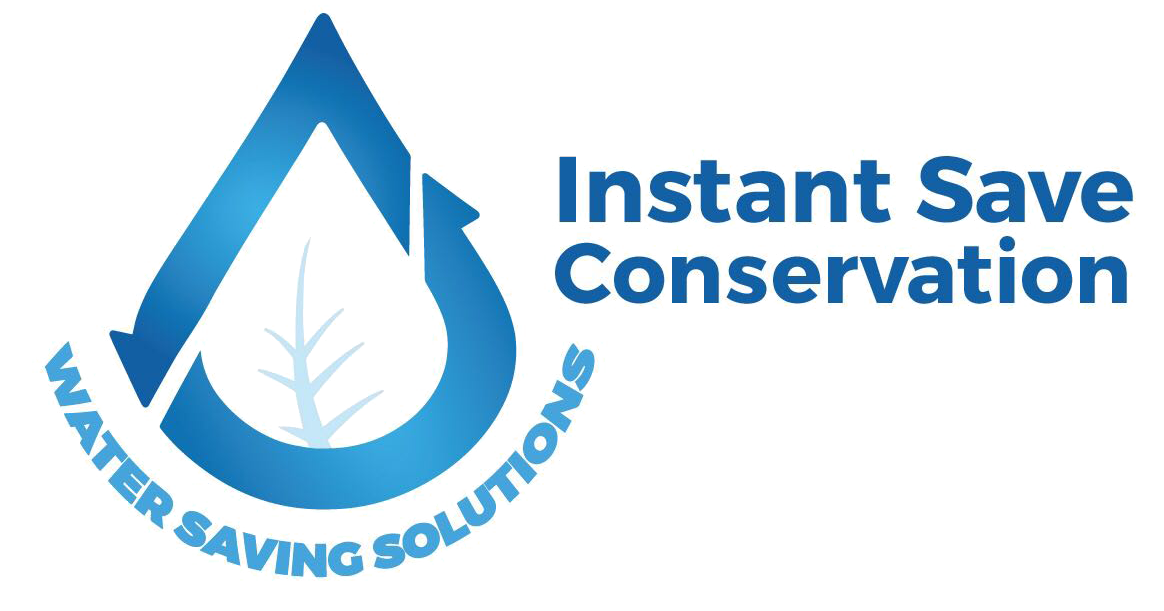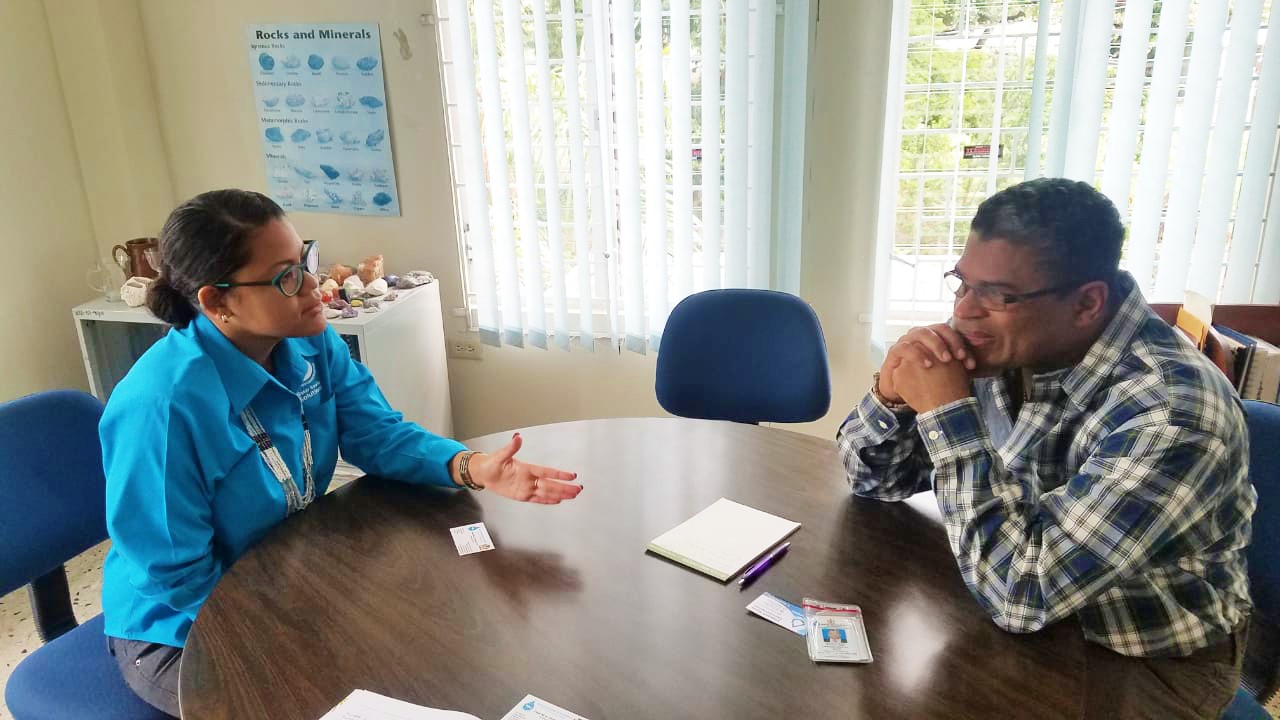You have been calling the water company for the past three days and still, they are unable to deliver water because the driver has almost 100 hundred orders ahead of yours.
You haven’t had water for the past week and this is your last hope. You are at your wits end and once again you are contemplating purchasing a tank so that you will not have to deal with this next year. But your neighbour is in the same position even though she has a tank because the water in her tank has all been used and now, like you, she has to purchase water. Does this scenario sound familiar?
We have either experienced it or we know someone who has. As the drought rages on we have to find ways to maximize efficiency and conservation efforts.
In order to combat the negative effects of climate change, it is important for all citizens to play active roles in driving sustainability. Partnerships are key and this is evidenced in areas such as water. As the island continues to feel the ill-effects of the annual summer drought Instant Save thought it prudent to extend the conversation and take action as the company seeks to make a positive impact on the country’s water woes.
The Water Resources Authority (WRA) has been identified as an important partner in the efficient use of our nation’s water as the WRA is responsible for the management, protection, and controlled allocation and use of Jamaica’s water resources. The discussion with WRA’s Managing Director, Peter Clarke was a fruitful one as it focussed on identifying practical solutions on how all Jamaica can play a role in using water efficiently.
The meeting was held as part of Instant Save’s thrust to engage and partner with key stakeholders in the water industry to contribute to educating the public on water management issues and to make Jamaica more water-efficient.
Managing Director of the Water Resources Authority of Jamaica, Peter Clarke speaking on the potential of the use of stormwater and wastewater, lamented that “we all have a responsibility to protect and secure our country’s water resources, decisions should not be made strictly on the basis of the profit motive but we should act with our country’s best interest at heart.” He added that “what we need to do is recognize and appreciate the value of water.
If we can intercept water before it changes, that is before rainwater becomes seawater, for example, we can probably save ourselves some of that cost and some of that grief involved in transforming it back into a form that we can use.”
Here are three key points from the meeting:
- Storm Water can be a great water source for Jamaica. Stormwater refers to surface water in abnormal quantity resulting from heavy falls of rain or snow.
Stormwater has been described by the Environmental Protection Agency, Victoria, as an excellent alternative to drinking water for many purposes.
Stormwater is easy to capture, manage and store on-site. Stormwater can be used safely for low-risk purposes such as irrigation once simple management and treatment protocols are put in place.
Mr. Clarke proposed that stormwater can certainly be turned into aqua for recharge and it is one of the three sources of artificial aqua for recharge that Jamaica has.
We agree that stormwater is an excellent water resource. When stormwater accumulates this can lead to flooding which comes with its own set of challenges which we will tackle in an upcoming post. Instead of allowing the water to literally run down the drain we can use it for gardening, agriculture and other purposes.
With proper treatment, greywater can be put to good use. These uses include water for laundry and toilet flushing, and also irrigation of plants. Treated greywater can be used to irrigate both food and non-food producing plants. The nutrients in the greywater (such as phosphorus and nitrogen) provide an excellent food source for these plants.
- Treated wastewater can solve water issues in Agriculture:
Clarke is of the view that wastewater, as a source, can help to solve some of our water issues in the agriculture sector, dependent on the crop selection. He also suggested that a practical first step is to separate greywater from water running into the sewerage system. This water would then need to undergo some type of treatment prior to use.
*Greywater is the relatively clean wastewater from baths, sinks, washing machines, and other kitchen appliances.
We agree with this position. If there is a separation of water that can be re-used then that is an avenue that is worth exploring. Greywater treatment can also be inexpensive if harvested correctly.
Using greywater does the following:
– Reduces the need for freshwater. Saving on freshwater use can significantly reduce household water bills, but also has a broader community benefit in reducing demands on public water supply.
– Reduces the amount of wastewater entering sewers or on-site treatment systems. This can benefit the individual household and also the broader community.
“While there is an expense associated with collecting greywater there is the overarching benefit. Greywater is a lot easier to handle than brown water. Depending on the type of crop, greywater won’t require much treatment. This is a good solution for the agriculture sector and could work for crops such as oil nut, which is used to make castor oil.
We know that in many instances it is possible to reuse greywater with minimum treatment. You may want to install a simple water treatment plant at home that will recycle water from your shower, basin, kitchen sink, and washing machine. Some simple tricks that you may use in the meantime is to wash your fruits and veggies in a container, that way, you can store and reuse the water.
- Alternate water sources eases the strain on the existing supply
Clarke shared that there are three important R’s related to environmental considerations. Importantly there is a need to reuse, reclaim and reduce. Reclaiming water is important. Reuse will result in a reduction of usage of freshwater resources and converting into irrigation water.
It is important that we recognize that the ill-treatment of the environment will adversely affect all of us. We must consider generations to come and the type of world that we would like to leave for them to enjoy.
We need to push for the duty-free concession for all when it comes to importing water-efficient plumbing fixtures and fittings. Those in the construction sector need to avail themselves of training and information on water-efficient equipment and standards need to be created in the plumbing sector to ensure the most water-efficient equipment are used, helping us as a nation to reduce demand, thus saving not only water but the energy used to transport the water and treat our sewage.


